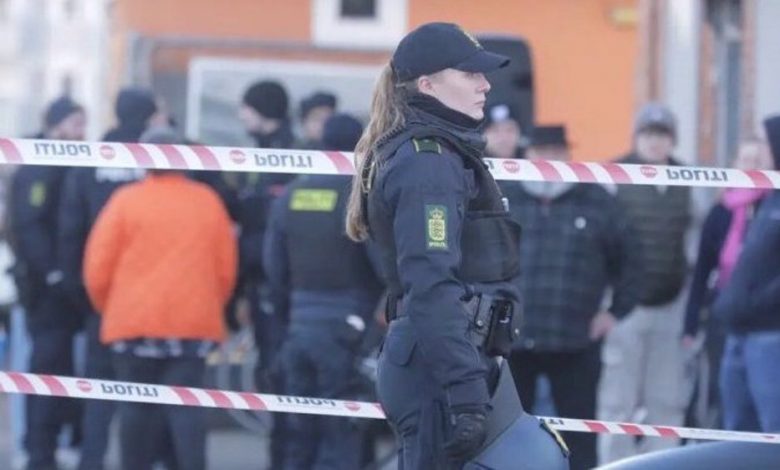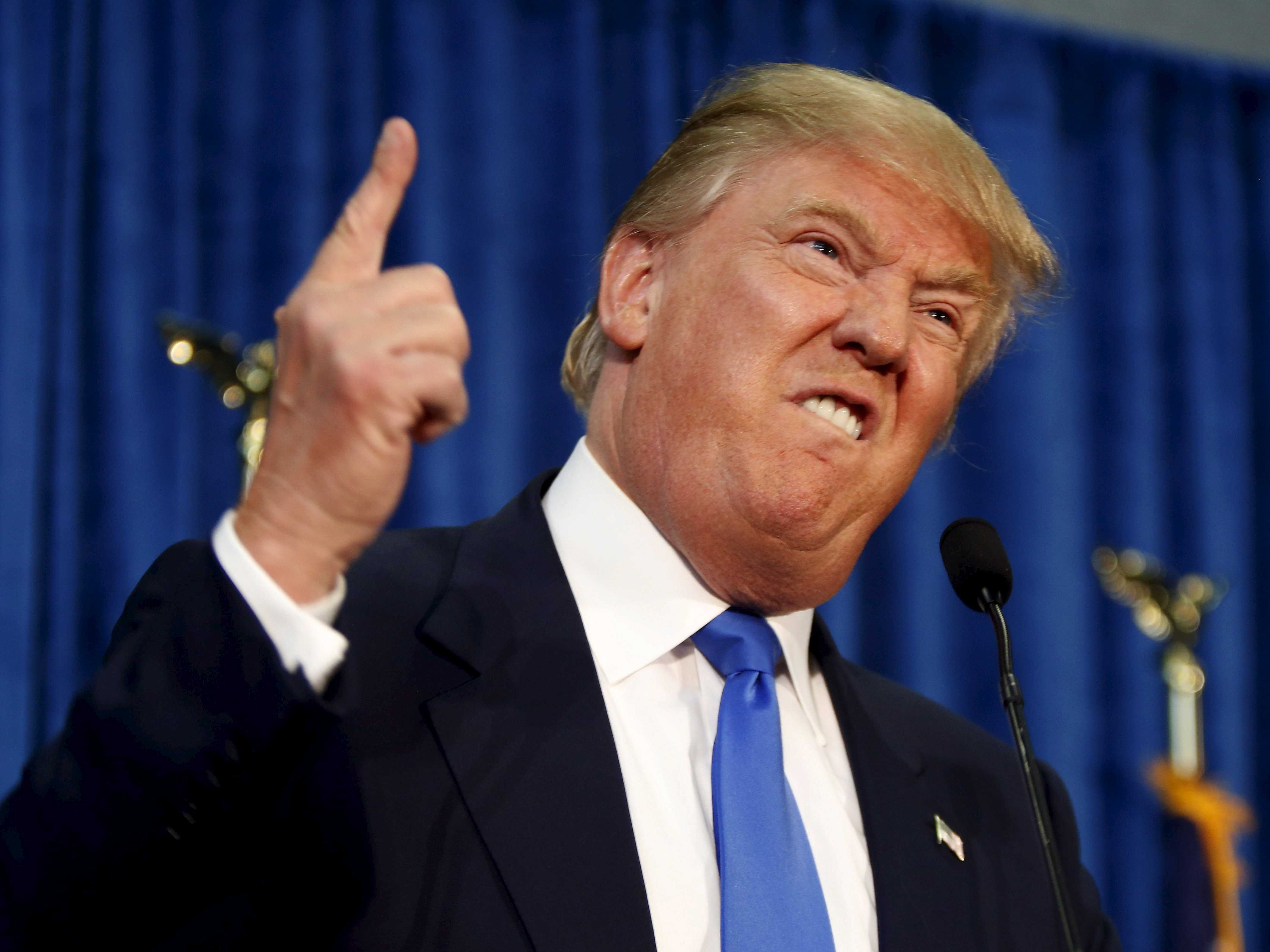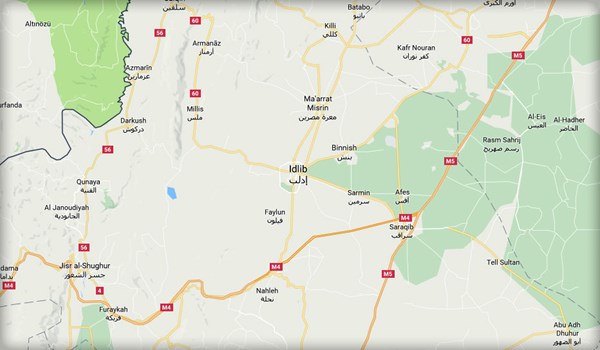Denmark extends tighter border controls against potential threats following desecration of Holy Qur’an
Denmark says it will extend temporary tighter control measures at its borders against potential threats following desecration of the Holy Qur'an in the Nordic country that enraged Muslims all over the globe and triggered mass protest rallies.

In a statement on Wednesday, the Danish justice ministry said that police “found it necessary to maintain the temporarily intensified efforts at the internal Danish borders” at the request of the Danish Security and Intelligence Service (PET).
It added that random checks at the borders with Sweden and Germany, originally introduced on August 3 to cover a whole week, would now remain in place until August 17.
“The Qur’an burnings in recent times have an impact on the current threat level. We are in a serious situation, where we continue to need stricter controls at the Danish borders to counter the threats Denmark faces,” said Justice Minister Peter Hummelgaard.
Over the past month, the holy Muslim book has been subject to acts of desecration by extremist elements multiple times in Sweden and Denmark, whose governments have sanctioned and justified such insults as “freedom of expression.”
The sacrilegious acts have ignited the ire of the entire Muslim community across the globe. Several countries have summoned or expelled Swedish and Danish ambassadors.
The Nordic countries have deplored the desecration of the Qur’an but claimed that they cannot prevent it under constitutional laws protecting freedom of speech.
Following the worldwide uproar in response to the Islamophobic and heinous Qur’an-burning demonstrations by a group of far-right extremists, both Copenhagen and Stockholm introduced a series of security measures.
Last month, Danish Foreign Affairs minister Lars Lokee Rasmssen warned that the reckless and “deeply offensive” Qur’an-burning demonstrations could have “significant negative consequences for Denmark, not least with regard to security.”
Also in July, European Union foreign policy chief Josep Borrell condemned the heinous acts as “disrespectful,” calling for mutual understanding and respect.





